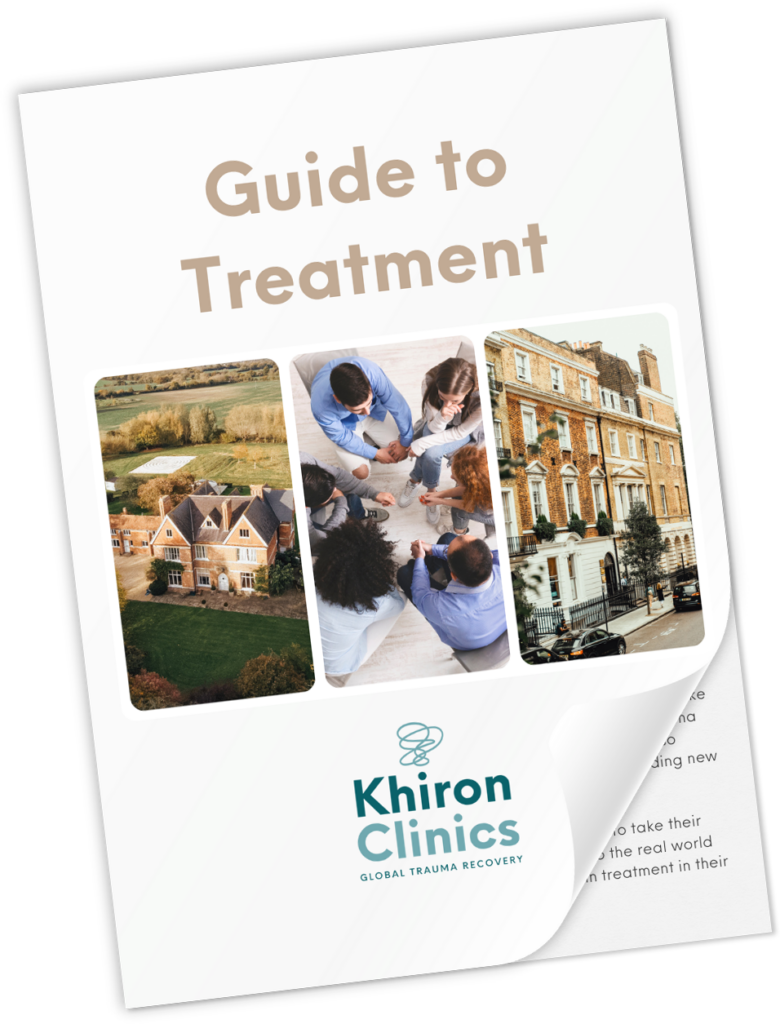Self-care looks different for everyone recovering from trauma because everyone recovers from trauma differently. Everyone’s specific needs in self-care are different because everyone’s symptoms and manifestations of trauma are different and specific to their experiences. However, underneath all of the specifics are some very basic general rules of thumb. In our previous QA, we discussed the healing power of self-care in trauma recovery and how self-care is essentially proactive self-management focused on caring for the self. Through trauma treatment, you have the opportunity to experience a multitude of therapeutic approaches and activities to discover what helps you relax, laugh, think, sleep, and be present with your recovery. There are potentially millions of different self-care practices which could help you find the relaxation that you need to feel taken care of. A few self-care practices specifically have been found to be the most beneficial for mind, body, and spirit.
Light Meditation
Over the last few years, meditation has become quite the buzzword and an extremely popular practice. Meditation has been framed as a practice that is for everyone and that mindfulness meditation can help with practically everything. Sitting still and focusing on the mind is only one form of meditation. This traditional practice of meditation is extremely helpful for those in trauma recovery, but it can be triggering. Journeying into the depths of one’s consciousness can lead to triggering thoughts or experiences, as well as uncover suppressed memories. Stumbling upon unprocessed memories can open a floodgate of trauma which you are not entirely prepared to deal with. Too often, when someone experiences anxiety or symptoms of their trauma in meditation, they shame themselves for doing meditation “wrong”.
Try using a guided meditation app or audio track to let another person’s voice keep you attached to the present. If sitting, quiet meditation doesn’t work for you, put meditation to work in another capacity. Try moving meditation, meditation through art, or other activities. Focus on your breath, breathe deeply, and you’re in a meditative state.
Trauma-Informed Yoga
Yoga is a proven practice for self-care. By integrating physical movement, breathwork, mindfulness, and meditation, yoga greatly reduces stress and improves overall health. Like meditation, yoga can bring forth uncomfortable memories, triggers, or body sensations which cause traumatic stress instead of reduce stress. Trauma happens in the body as a somatic experience, living in the cellular network. Touch, certain verbal cues, and specific movements may create a somatic trigger for traumatic stress. Trauma-informed yoga works by changing the narratives and cues a yoga teacher uses. Teachers put emphasis on encouraging students to focus on being present and detaching from judgments, thoughts, feelings, or emotions. Trauma-informed yoga allows you to find a peaceful collaboration between mind and body.
Stop the cycle of merry-go-round treatment and find the solution you’re looking for in trauma treatment. Through effective residential treatment, Khiron House helps you find the path you need toward health and wellness in recovery. For information, call us today. UK: 020 3811 2575 (24 hours). USA: (866) 801 6184 (24 hours).


